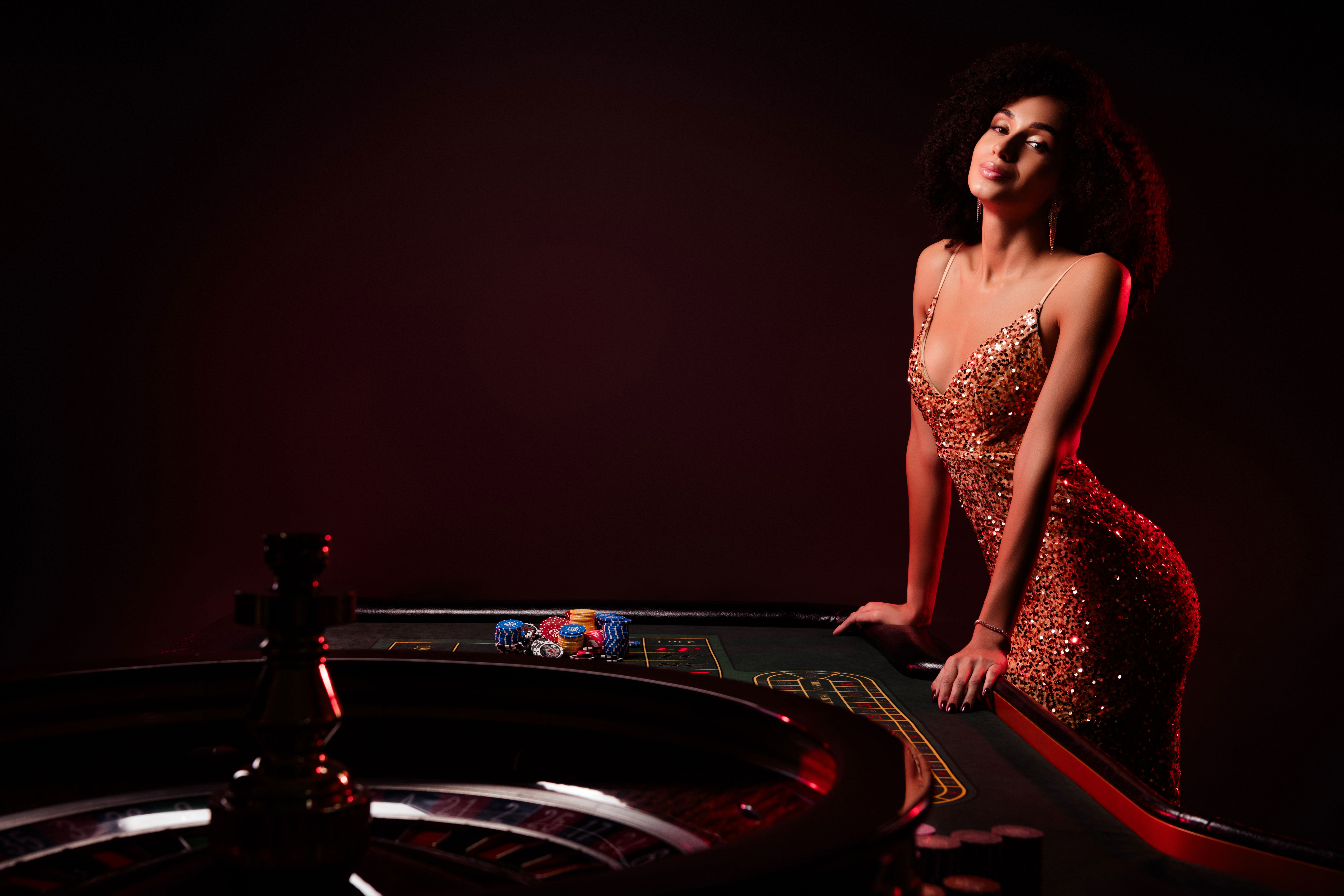Discover the age-old debate and gain insights into the true nature of roulette – is it purely chance or does skill come into play?

Roulette is one of the most iconic games in any casino, instantly recognizable by its spinning wheel, bouncing ball, and the electrifying anticipation of where it will land. For centuries, this game has captivated gamblers, from casual players seeking a thrill to seasoned high rollers looking for the next big win. But amidst the allure lies a debate that has divided players: Is roulette a game of pure luck, or does skill have a role to play?Let’s dissect the arguments, examine the mechanics of the game, and uncover whether strategy can truly tilt the odds in your favor.
The Case for Luck: It’s All About the Spin
Roulette operates on a seemingly simple principle: spin the wheel, toss the ball, and wait for it to land on a numbered pocket. With 37 pockets in European roulette (1-36 plus a single zero) and 38 in American roulette (an extra double zero), each spin is independent of the last. This randomness is the essence of why many argue roulette is purely a game of luck.
Random Outcomes
The outcome of each spin is determined by physics—how the ball is tossed, the speed of the wheel, and gravity. Even professional croupiers cannot influence where the ball will land. This inherent randomness means players cannot predict the result, no matter how skilled they claim to be.
The House Edge
The structure of the game ensures the house always has an edge. In European roulette, the presence of the single zero gives the casino a 2.7% advantage, while American roulette's double zero bumps this up to 5.26%. No amount of strategy can alter these built-in odds, reinforcing the argument that luck reigns supreme.
The Gambler’s Fallacy
Many players fall into the trap of believing that previous outcomes influence future ones. For example, if red has appeared five times in a row, some might think black is “due.” This is a classic example of the gambler’s fallacy. In reality, each spin is independent, and the odds remain the same every time: nearly 50-50 for red or black (minus the zero(s)).
The Case for Skill: Strategies That Claim to Work
While roulette is fundamentally a game of chance, some argue that skillful play can improve your odds—or at least manage your losses. Let’s explore the strategies that give credence to this perspective.
Betting Strategies
- The Martingale System
This strategy involves doubling your bet after every loss, ensuring that a single win recovers all previous losses plus a profit equal to the original stake. While this sounds appealing, it requires a substantial bankroll and assumes no table limits, which casinos enforce to prevent such tactics. - The Paroli System
This method is the opposite of Martingale: doubling your bet after each win. It capitalizes on winning streaks while limiting losses during losing streaks. Though it doesn’t guarantee success, it adds a layer of control to your betting. - The D’Alembert System
This strategy involves increasing your bet by one unit after a loss and decreasing it by one after a win. It’s less risky than Martingale but still relies on the assumption of streaks, which may not occur.
Game Selection and Odds Awareness
Skillful players always choose European roulette over American roulette due to the lower house edge. Additionally, understanding the odds of different bets—such as single numbers (35:1) versus even-money bets like red/black or odd/even—can help players make informed decisions.
In rare cases, physical imperfections in the wheel or predictable habits of a dealer (e.g., how they release the ball) can create patterns. Skilled players have historically exploited these anomalies, but modern casinos use technology and rigorous checks to eliminate such opportunities.
Bias and Dealer Signature
The Hybrid Reality: Luck Meets Strategy
The truth about roulette likely lies somewhere in the middle. While the game’s outcomes are undeniably driven by luck, skillful players can make strategic choices to enhance their experience and potentially improve their chances in the short term.
Bankroll Management
One of the most critical skills in gambling is knowing how to manage your money. Setting limits, knowing when to walk away, and avoiding emotional decisions can make the difference between a thrilling night and financial regret.
Maximizing Entertainment Value
For most players, the goal of roulette isn’t just to win—it’s to enjoy the experience. By using strategies like the D’Alembert or Paroli systems, players can extend their time at the table, making the game more engaging without dramatically increasing risk.
Mindset Over Mechanics
The ultimate skill in roulette may be understanding the game’s nature. Accepting that it’s a game of chance and not expecting consistent wins can lead to a healthier relationship with gambling. Playing for fun, rather than as a source of income, is a mindset that seasoned gamblers embrace.
Conclusion: Is Roulette All Luck or Skill?
At its core, roulette is a game of luck. The randomness of the spin and the fixed house edge make it impossible to consistently beat the odds through skill alone. However, players who employ thoughtful strategies, manage their bankroll wisely, and choose the right versions of the game can tip the scales slightly in their favor—or at least make the game more enjoyable.So, is roulette all luck or skill? The answer depends on your perspective. If you view it purely as a mathematical challenge, luck is the overwhelming factor. But if you see it as an art of maximizing entertainment and managing risk, then skill plays a subtle yet significant role.As the wheel spins and the ball bounces, one thing is certain: the thrill of roulette lies in its unpredictability. Embrace it, enjoy it, and remember—the house always has the edge, but the memories you make are yours to keep.